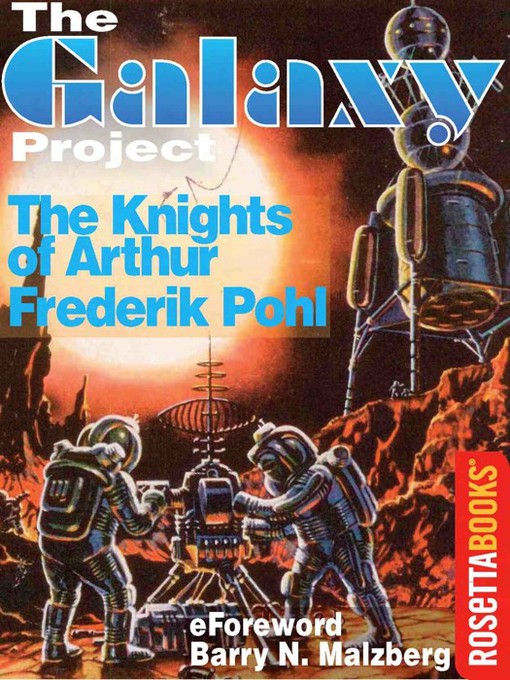Published in the January 1958 issue, THE KNIGHTS OF ARTHUR is one of the earlier computer satires in which the machine (like Arthur C. Clarke's Hal in 2001 ten years later) is gifted with a human and very cranky personality. By 1958, the Horace Gold's own personality, under the constant pressure of his agoraphobia, isolation and increasing imperiousness had sharply deteriorated and he had alienated most of his best contributors, some of whom (Isaac Asimov) refused to work with him any more. Gold, the editor of GALAXY magazine, between 1950 and 1959 apparently never left his Stuyvesant Town apartment for any reason. Gold was having ever less to do with the mechanical and repetitive aspects of editing and, probably at the best of his publisher Robert Guinn had turned over those tasks (and some of the task of selection) to Frederik Pohl who was in effect ghost-editing the magazine years before he assumed the position of editor on the masthead in 1960. Perhaps not coincidentally, Pohl became in those years one of the magazine's most prolific contributors, even as the already dominant Robert Sheckley under Pohl's guidance became so prolific that he developed three pseudonyms because so frequently more than one of his stories appeared in the magazine. THE KNIGHTS OF ARTHUR is a characteristic GALAXY satire of a machine pushing the borders of restraint and becoming a bully or at least something of an oppressor. (Robert Silverberg's THE IRON CHANCELLOR, also part of The Galaxy Project is another such example.) Pohl's pleasantly ravaged, post-apocalyptic city is more than background landscape; it is itself a character (just as New York City was essentially the protagonist of Pohl's great novel YEARS OF THE CITY published three decades earlier). Pohl's work was usually more inferno than comic but this novelette is managed with unaccustomed lightness.
- Available now
- New eBook additions
- New kids additions
- New teen additions
- Most popular
- Try something different
- See all
- Available now
- New audiobook additions
- New kids additions
- New teen additions
- Most popular
- Try something different
- See all

